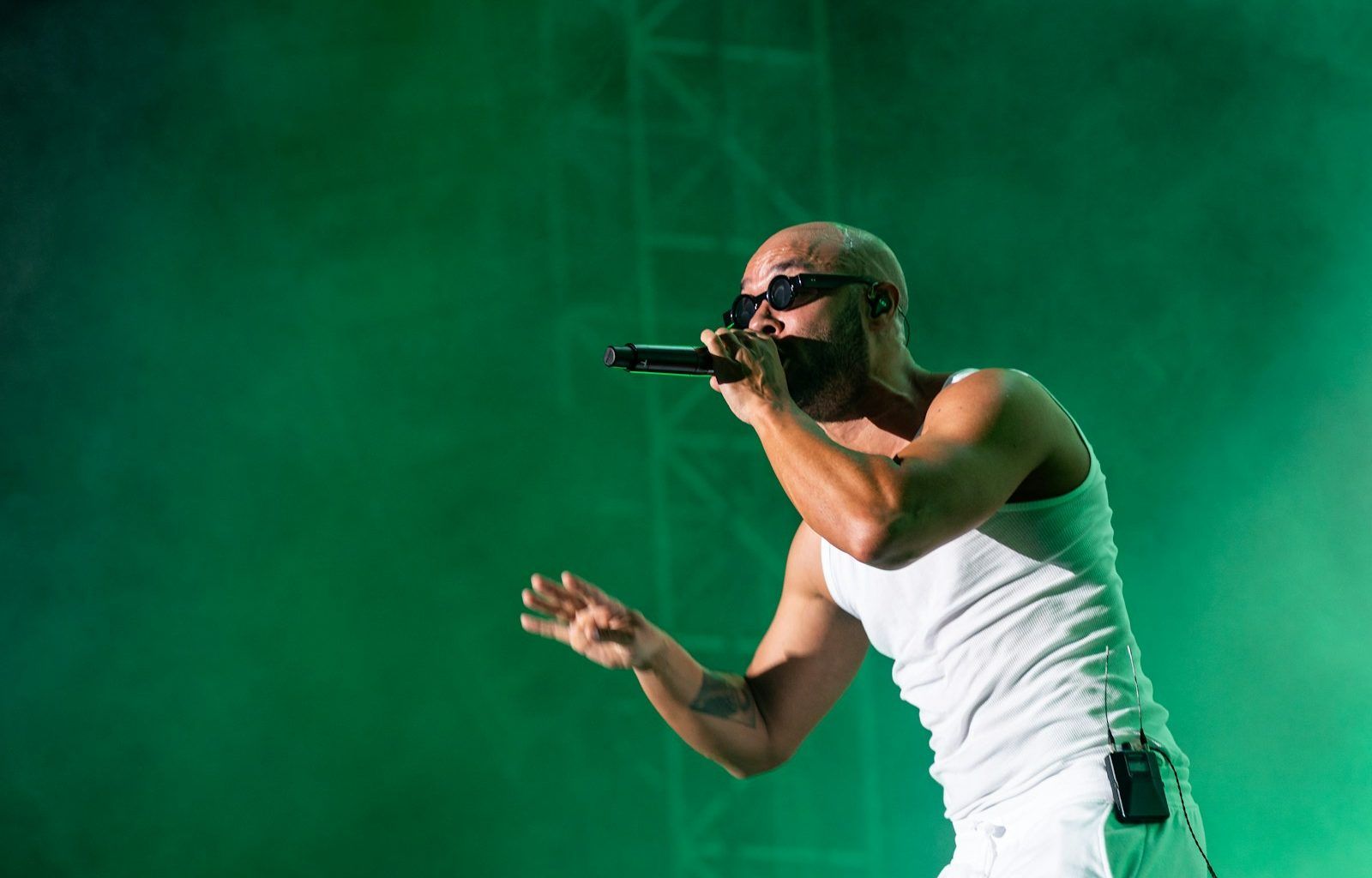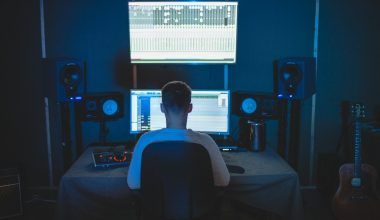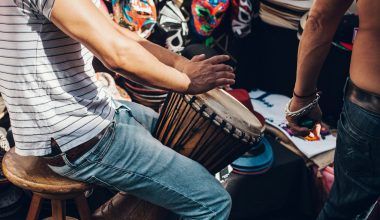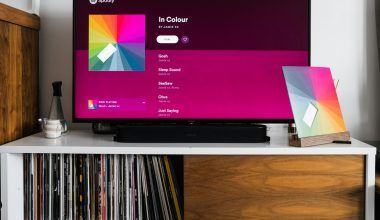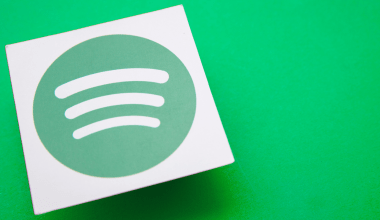Have you ever listened to a song and wondered, “Who owns this music?” You’re not alone. Music ownership can seem like a mystery, but it’s an important topic to understand—whether you’re a fan, a musician, or someone curious about the industry. Let’s dive into the world of song ownership, breaking it down step by step.
The Basics of Song Ownership
To start, let’s clarify: owning a song is not as simple as owning a car or a house. A song is an intellectual property, which means it’s protected by copyright laws. Copyright grants the creator or owners certain exclusive rights to the song. However, in the music world, ownership is often split between multiple parties.
Who Owns What? Breaking Down Song Ownership
When it comes to songs, there are generally two parts to consider:
- The Composition: This refers to the melody, lyrics, and arrangement—the underlying structure of the song.
- The Sound Recording: This is the actual recorded version of the song, what you hear when you press play.
Both parts can have different owners. For instance, a songwriter owns the composition, while a record label might own the sound recording. So, if you’re asking, “Who owns a song?” the answer might depend on which part of the song you mean.
Songwriters and Their Rights
Songwriters are often the first owners of a song. They create the melody and lyrics, and these are protected as the composition. Once a song is written, the songwriter can register it with a copyright office to ensure their rights are legally recognized.
Songwriters can retain full ownership, or they might transfer some of their rights to publishers, co-writers, or other entities. For example, a songwriter may partner with a music publishing company to help distribute and promote the song. In return, the publisher often gets a share of the royalties.
Record Labels and Ownership
Now, let’s talk about the sound recording. When an artist records a song, the recording itself is typically owned by the record label. Record labels invest in producing, marketing, and distributing music. In exchange, they usually claim ownership of the sound recording.
This means that even if an artist wrote the song, they might not own the recording. Instead, they often receive royalties based on their contract with the label.
Independent Artists: Owning It All?
In today’s music industry, independent artists have more opportunities to own both the composition and the sound recording. By self-publishing and producing their music, they can maintain complete control. However, this comes with challenges—like managing distribution, promotion, and licensing on their own.
What Are Music Royalties?
If you’re still wondering, “Who owns a song?” it’s helpful to understand royalties. Royalties are payments made to the owners whenever the song is used. Here are the main types:
- Mechanical Royalties: Earned when a song is reproduced or distributed.
- Performance Royalties: Paid when a song is played on the radio, at concerts, or streamed online.
- Synchronization Royalties: Collected when a song is used in movies, TV shows, or commercials.
These royalties are usually divided among the songwriter, publisher, and recording owner.
How Do Artists Transfer Ownership?
Ownership can change hands through contracts and agreements. For example, an artist might sell their catalog of songs to a publishing company. Or a record label might buy the rights to a sound recording from an independent artist.
The Role of Copyright in Song Ownership
Copyright is the backbone of music ownership. It provides creators with legal protection and the ability to earn from their work. In most countries, copyright lasts for the creator’s lifetime plus several decades after their death. After this period, the work enters the public domain.
Digital Platforms and Song Ownership
Streaming services like Spotify and YouTube have revolutionized the way we consume music. But they’ve also made song ownership more complex. These platforms pay royalties to rights holders, but disputes over who owns what can sometimes delay payments.
The Debate Over Artists’ Rights
In recent years, many artists have spoken out about unfair contracts that limit their ownership. High-profile cases, like Taylor Swift’s battle to reclaim her master recordings, highlight the importance of understanding ownership before signing deals.
Conclusion: Who Owns a Song, Really?
So, who owns a song? It depends. Ownership is often shared between songwriters, publishers, and record labels. The key is understanding how these rights are divided and protected. Whether you’re an artist or a listener, knowing the basics of song ownership can deepen your appreciation for the music you love.
Related Articles:
For further reading, explore these related articles:
For additional resources on music marketing and distribution, visit DMT Records Private Limited.
